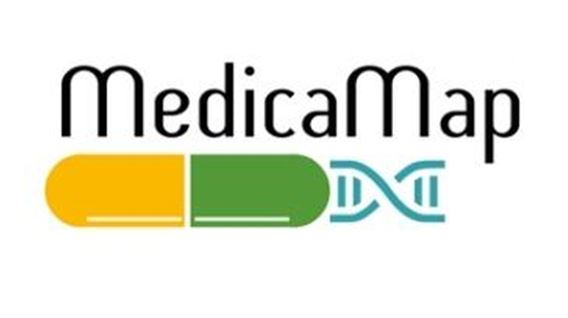How Do You Know If A Medicine Actually Works?
Jan 11, 2023
2468 Views
When you visit your doctor regarding a fever or flu, they usually give you a set of medicines and ask you to have it for a week or so. They tell you to see if your symptoms subside or else to come back a week later. Then they will give you a new set of medicines. We are often subjected to this “trial and error” method in medications. Some work well, some may not, and some might even cause allergic reactions or side effects.
So, why do certain medications work so well for some people and cause harm to others? To answer this, you need to know about the science of Pharmacogenomics. Pharmacogenomics tells you how your genes play a role in deciding how you respond to medicines. This information helps your doctors choose the drugs and dosages that best suits you.
Because you are unique
Although humans share 99% similar genes, that 1% of genetic variation makes us all unique. The fundamental role of your genes is to provide instructions for building protein molecules. These proteins determine your eye color, skin tone, hair texture, and even certain health conditions.
A protein, or rather an enzyme can affect the way your body metabolizes any drugs. Hence even the smallest variations in your gene or the protein it produces can change the chemical structure of a drug. This gene-drug interaction determines your body’s response to drugs.
Understanding the gene-drug interaction can also determine whether you are taking the right dosage of a drug. People with good levels of enzymes will be able to metabolize a drug well and will benefit from standard doses. One with elevated levels is a fast metabolizer with a risk of overdosing and may only require it in low doses. The ones with low levels or a non-functioning enzyme will have little to no benefits from taking the drug and may require a higher dose or an alternate drug.
So just as you are unique, your drugs should also be tailor-made for your requirements.
A new window of possibilities
Pharmacogenomics opens up a new world of opportunities and possibilities. Its application can be best utilized for Personalization and Precision Medicine. Precision medicine combines genetic variability, environment, and lifestyle to put together a customized prevention and treatment plan for each individual. Medications are an integral part of it. With the help of pharmacogenomics, the usual “one size fits all” approach can be replaced with “the right one for you.”
Pharmacogenomics also empowers scientists and researchers all over the world to discover new drugs, learn more about drug interactions, and also to improve treatments through more clinical trials. Currently, there are a lot of drugs that have been banned due to adverse drug reactions in a larger set of population. More research on drug-gene interactions can help identify the genes that contribute specifically to these adverse reactions.
The power of personalization
Globally, healthcare professionals are in constant efforts to develop a cure for many health conditions such as Alzheimer’s, certain cancers, cardiovascular conditions, etc., for which at present we only have management options, especially when it has progressed. Personalization could be the key that can unlock all the secrets to curing the above diseases.
Pharmacogenomics tells you which medications work for you and which ones you need to watch out for whenever any medical treatments are required.
MedicaMap- Discover the right medicine for you

MapmyGenome’s MedicaMap offers a thorough analysis of your body’s response to medication based on your genetic makeup. This is a once-in-a-lifetime, non-invasive test, that analyses 165+ US-FDA-approved drugs, across 12 different specialties like diabetology, cardiology, psychiatry, and many more. MedicaMap generates a user-friendly, comprehensive report that helps clinicians identify alternate medicine or adjust the dosage according to an individual’s genetic profile for the prevention, diagnosis, and treatment of any health condition.
